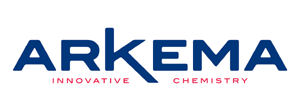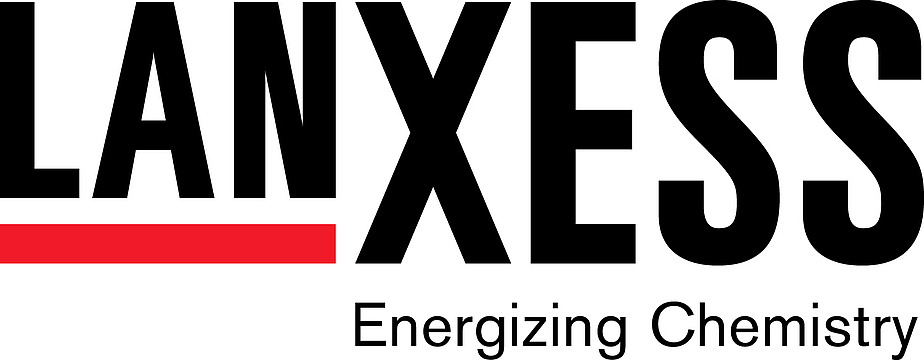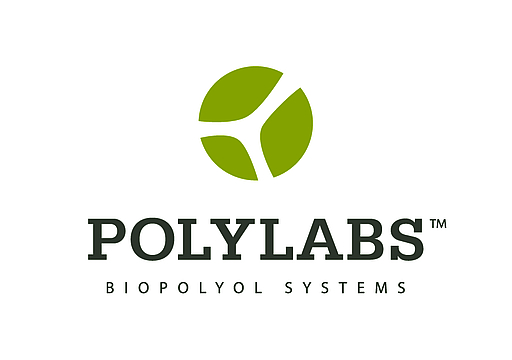Polyurethane
Polyurethane is an incredibly versatile material – it can be found everywhere in our day-to-day lives and is being used in more and more applications all the time. Starting off with rigid and flexible foams, integral skin foams, seals and insulation, polyurethane now also forms the basis for elastomers, adhesives and sealants, paints and coatings.
And the requirements that this system has to meet are just as varied as the products themselves. Major end product trends must be taken into consideration, such as lowering emissions, improving service life or using raw materials that do not require labelling. There is also a pressing need for manufacturers to use the right additives to optimise existing production processes.
We have a sales team of specialist (available throughout Europe), are able to offer technical consulting services with a strong focus on solving problems and work with a wide range of well-coordinated, market-leading suppliers of additives including:
as well as Prepolymers (with an extremely low monomer content)
Hot Topic: Dabco® and Kosmos® - Alternatives to DBTL and DOTL in coatings, adhesives and sealants
DBTL and DOTL are standard tin catalysts in coatings, adhesives, sealants and elastomers based on polyurethane or MS polymer. Very often a synergistic effect with amine catalysts is used, as those promote a fast curing at the beginning. Tin catalysts, on the other hand, are responsible for effective end curing. In the case of coatings, a well chosen combination can help to control drying and transportability, for example.
In some applications there is a need for alternatives to DBTL and DOTL. Different reasons can be found for this:
- Regulatory
- Customer specifications demand tin-free formulations,
- A better classification with regard to EH&S for the end product is necessary.
- Application related
- More reactive catalysts compared to DBTL / DOTL are needed,
- A delayed effect in curing could be helpful (pot life control).
- Catalysts that are more stable against hydrolysis are required (pot stability).
With the Kosmos® and Dabco® catalysts from Evonik, Biesterfeld can offer interesting alternatives here.
Extract from the Evonik product range:
| Kosmos T-900 | Tin | Best classification regarding environmental and health hazards |
|
Dabco T-131 |
Tin |
Best delayed catalysation |
|
Kosmos T-100 |
Tin |
Most effective catalysation |
|
Kosmos T-820 |
Tin |
Improved hydrolytic stability |
|
Kosmos MB-16 |
Bismuth |
Tin free, label free alternative |
For CASE applications, requirements can be diversified and therefore complex. Our technical contacts will be happy to support in finding the right catalysts for you. We look forward to your message at case[at]biesterfeld[dot]com






